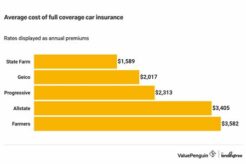
April 19, 2024
0 comment
Looking for high-quality farm equipment? Check out our wide selection of Farm King equipment for sale. From...

Gear Up for Fun: Explore Farm Equipment Toys!
April 18, 2024
0 comment
Latest Posts

April 19, 2024
0 comment
Looking for high-quality farm equipment? Check out our wide selection of Farm King equipment for sale. From...

Unveiling Animal Farm’s True Leader: Identifying the Characters Who Assume Leadership Roles
February 10, 2024
0 comment
The characters in Animal Farm who display leadership qualities are Napoleon and Snowball, as they both strive...





















